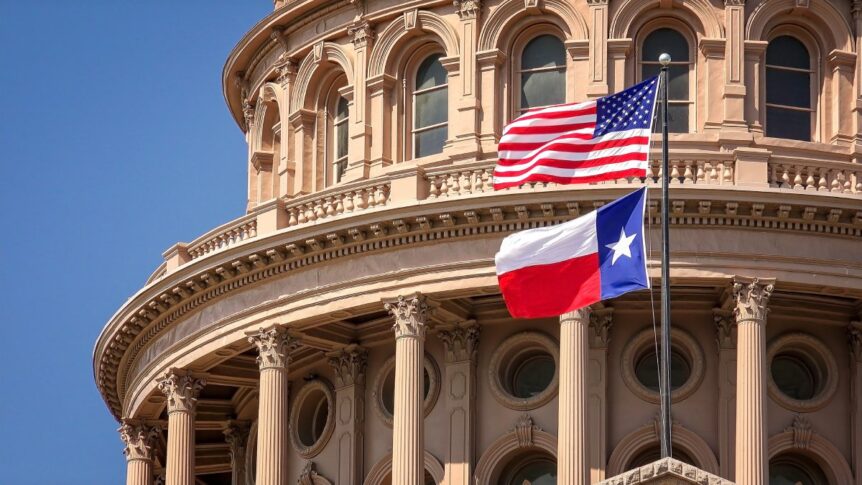Texas might be big, bold, and brash, but when it comes to climate change, the Lone Star State is seriously dropping the ball. Here’s why:
1. Political Loyalty to Fossil Fuels
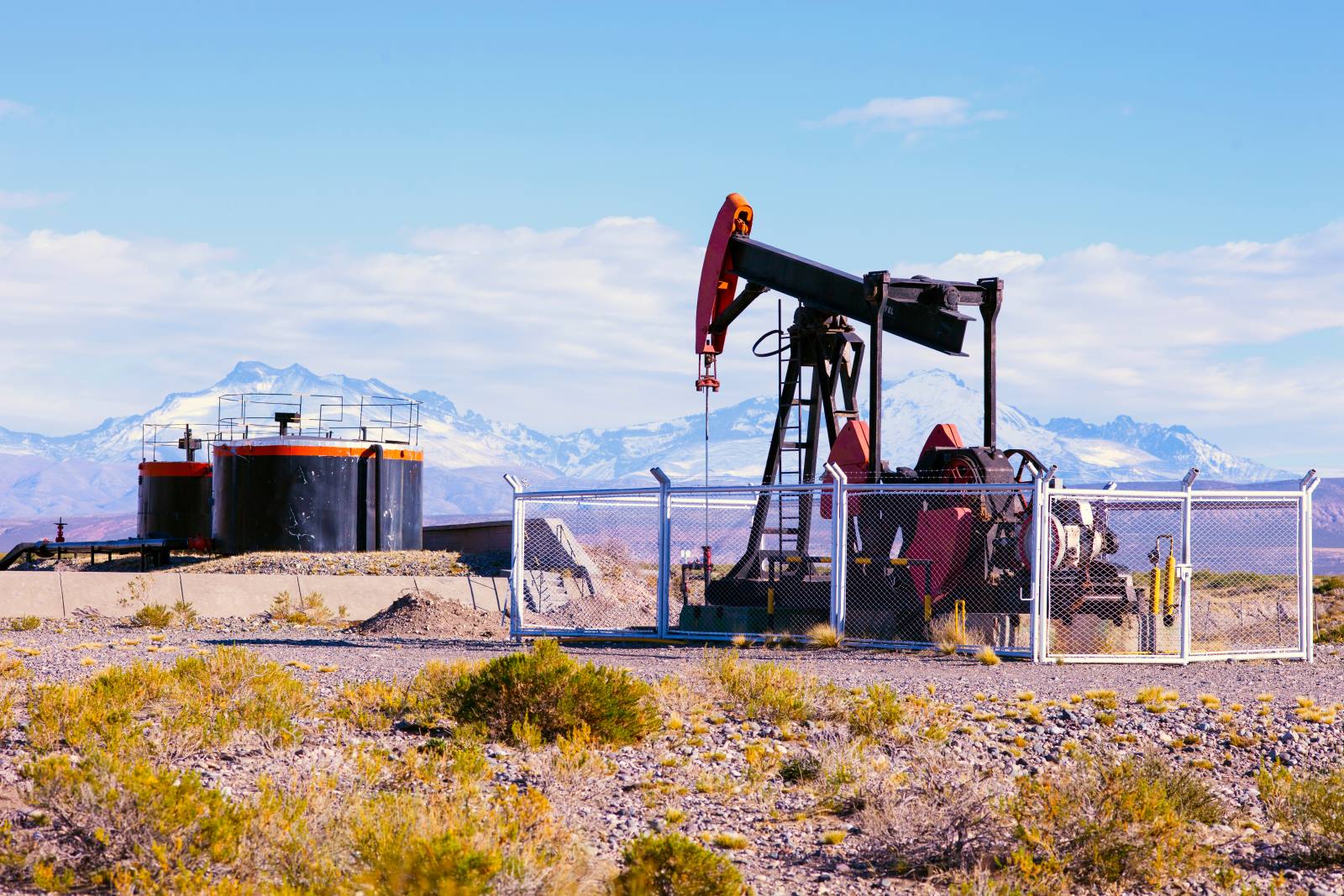
Image Credit: Shutterstock / Fast Speeds Imagery
Texas’s deep ties to the oil and gas industry have created a political environment resistant to change. State legislators consistently introduce and pass bills that favor fossil fuel production over renewable energy development.
2. Legislative Sabotage of Renewable Energy

Image Credit: Shutterstock / Andrey_Popov
Recent laws in Texas make it harder to develop renewable energy by mandating that new renewable projects are matched with equivalent natural gas capacity, which discourages investment in clean energy.
3. Blocking Federal Climate Initiatives

Image Credit: Shutterstock / YuRi Photolife
Texas actively resists federal climate policies, even passing legislation to prevent local governments from working with federal agencies on climate-related issues, isolating the state from national climate action.
4. Mismanagement of the Power Grid
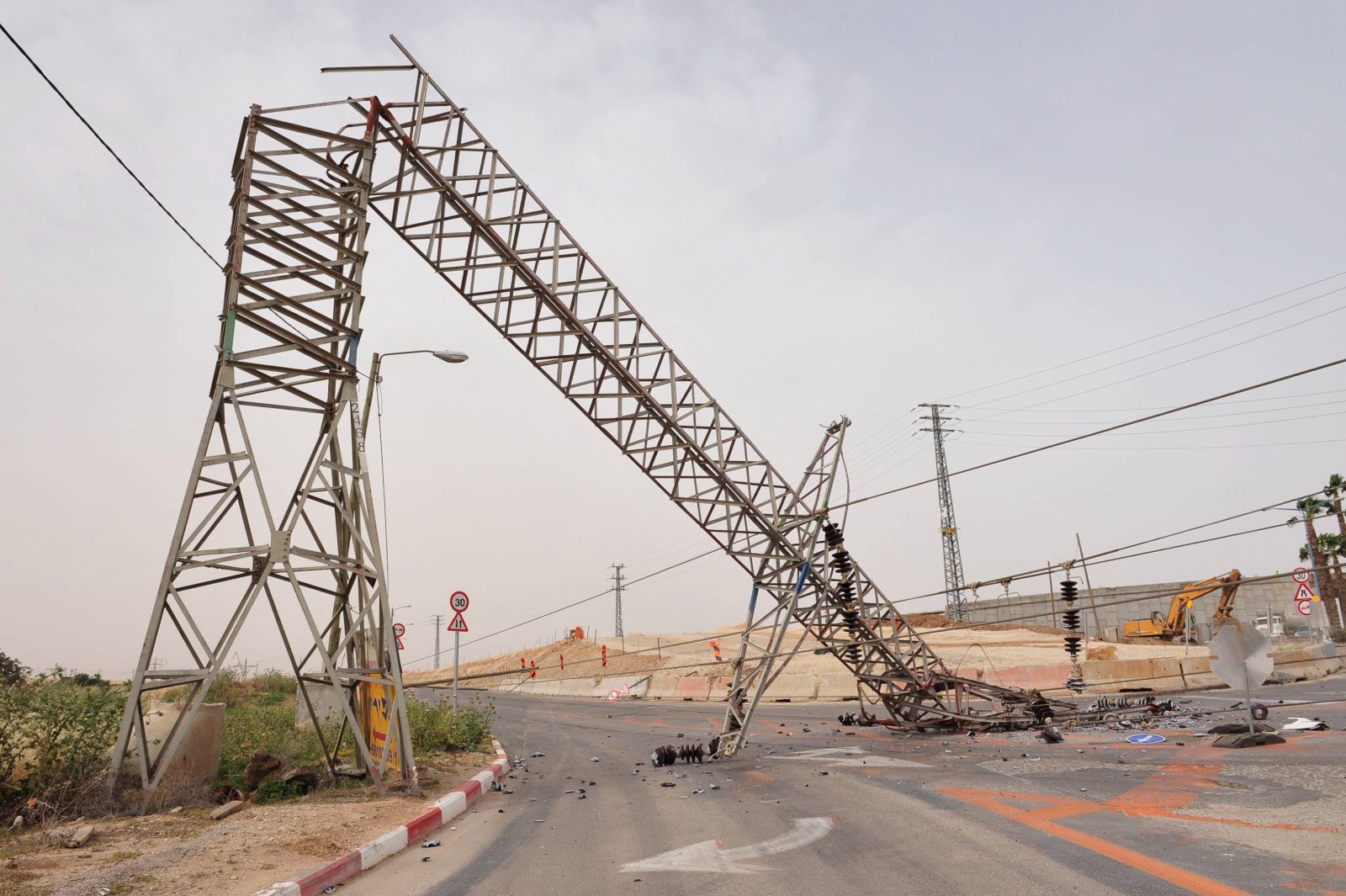
Image Credit: Shutterstock / ChameleonsEye
The disastrous 2021 winter storm exposed the fragility of Texas’s power grid, but instead of addressing these vulnerabilities, the state continues to rely heavily on natural gas without significant infrastructure improvements.
5. Resistance to Climate Resilience Measures
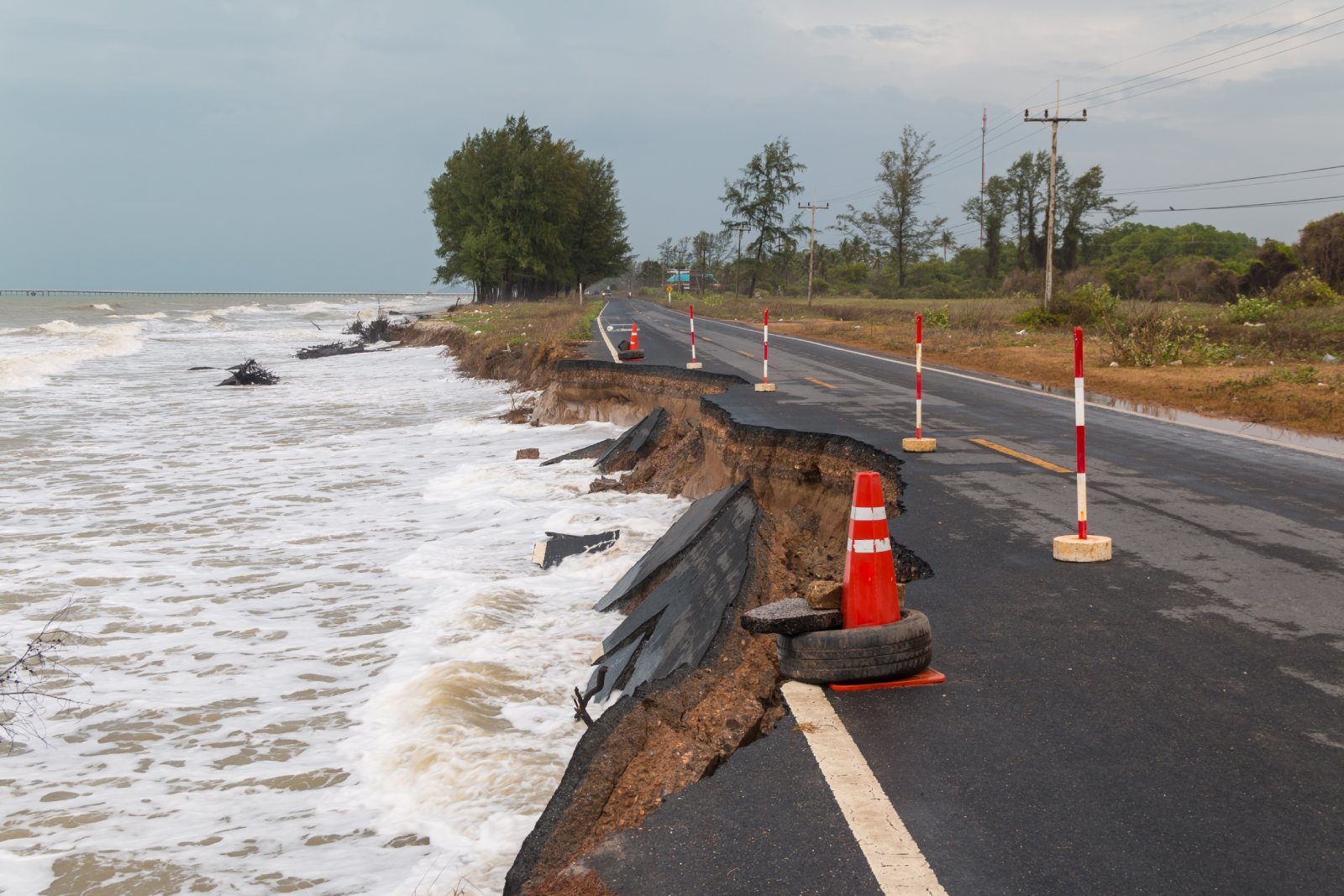
Image Credit: Shutterstock / Attapol Yiemsiriwut
Texas has made minimal progress in fortifying its infrastructure to withstand the increasing frequency of extreme weather events, leaving its residents and economy vulnerable to future disasters.
6. Cultural Resistance to Climate Change
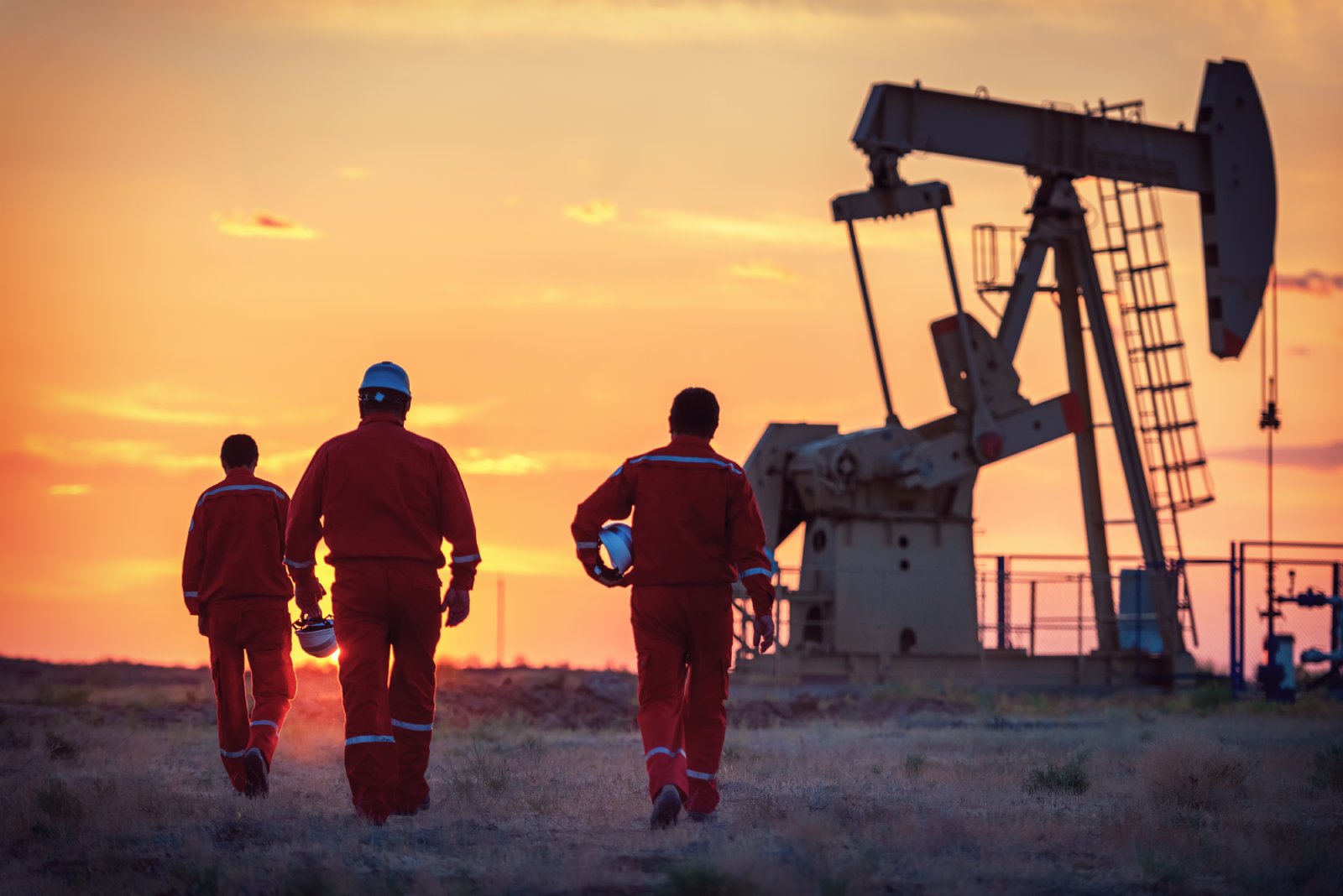
Image Credit: Shutterstock / SasinTipchai
In Texas, the oil and gas industry is not just an economic force but a cultural icon. This cultural attachment makes it difficult for the state to accept the need for climate action, perpetuating inaction at all levels.
7. Air Pollution and Public Health Risks

Image Credit: Shutterstock / chayanuphol
Texas has some of the highest levels of air pollution in the country, largely due to its fossil fuel industry. The state’s failure to transition to cleaner energy sources exacerbates public health issues.
8. Economic Risks of Fossil Fuel Dependence
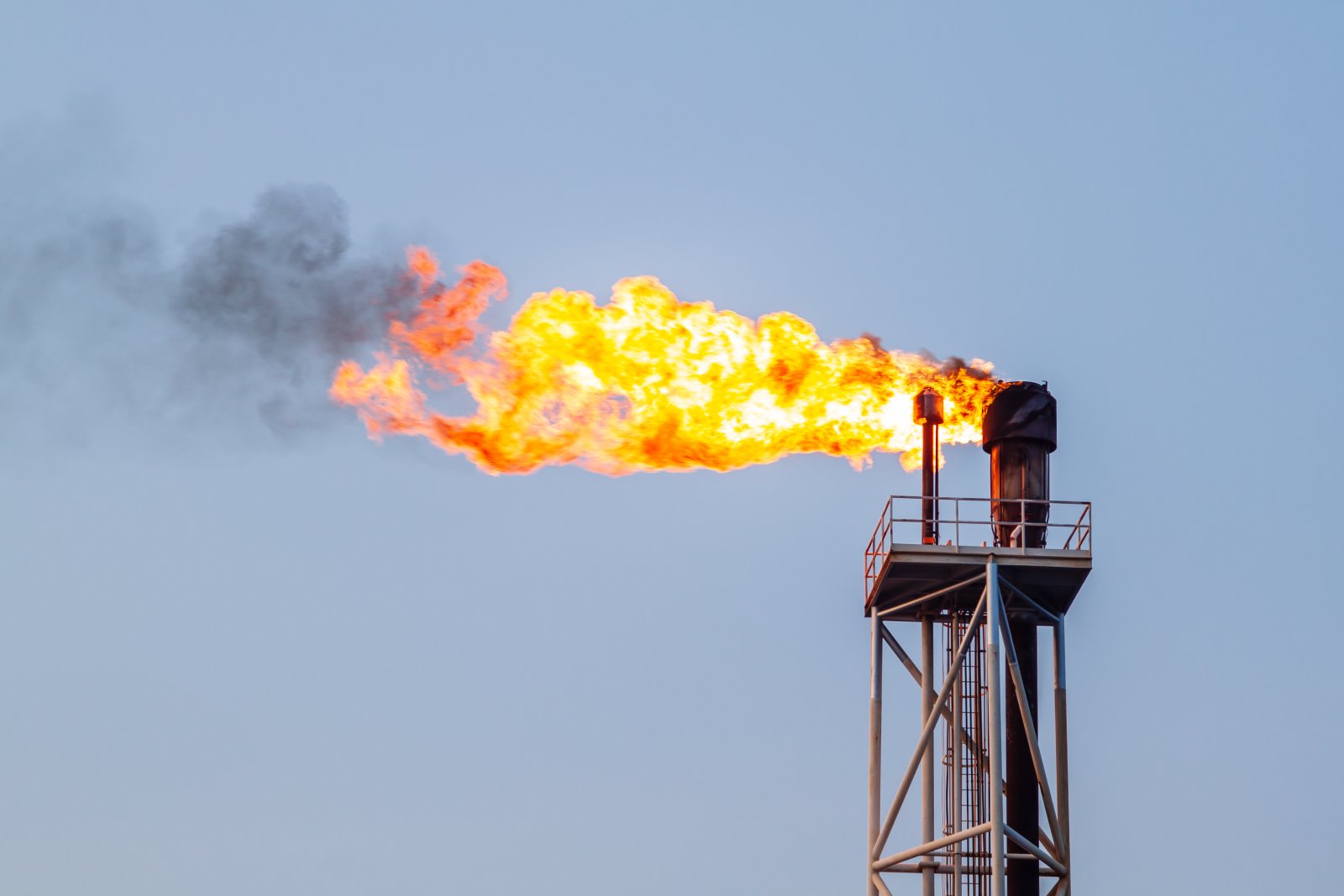
Image Credit: Shutterstock / Eaum M
As the global economy shifts towards renewable energy, Texas’s overreliance on fossil fuels could lead to significant economic downturns, particularly in regions dependent on oil and gas.
9. Undermining Local Climate Efforts

Image Credit: Shutterstock / PanuShot
Even as cities like Austin and San Antonio set ambitious climate goals, state-level policies often undercut these efforts, making it harder for local governments to achieve meaningful progress.
10. Ideological War Against ‘Woke Capitalism’
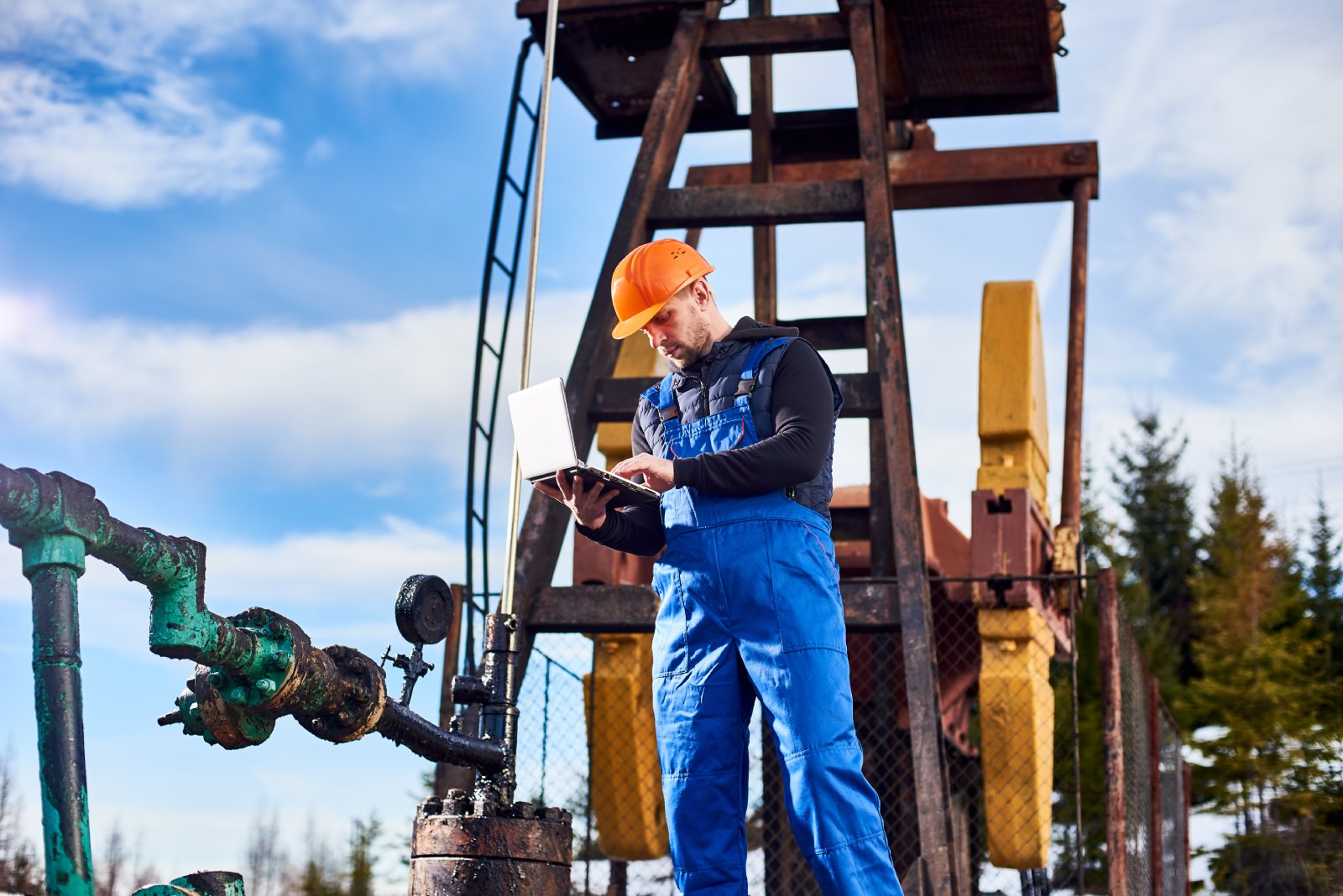
Image Credit: Shutterstock / anatoliy_gleb
Texas leads the charge against financial institutions that divest from fossil fuels for environmental reasons, further entrenching the state’s commitment to outdated and harmful energy practices.
11. Failure to Protect Vulnerable Communities

Image Credit: Shutterstock / Alexandros Michailidis
Texas’s climate policies, or lack thereof, disproportionately impact low-income communities and communities of color, who are more vulnerable to the effects of extreme weather and pollution.
12. Ignoring the Potential of Renewable Energy
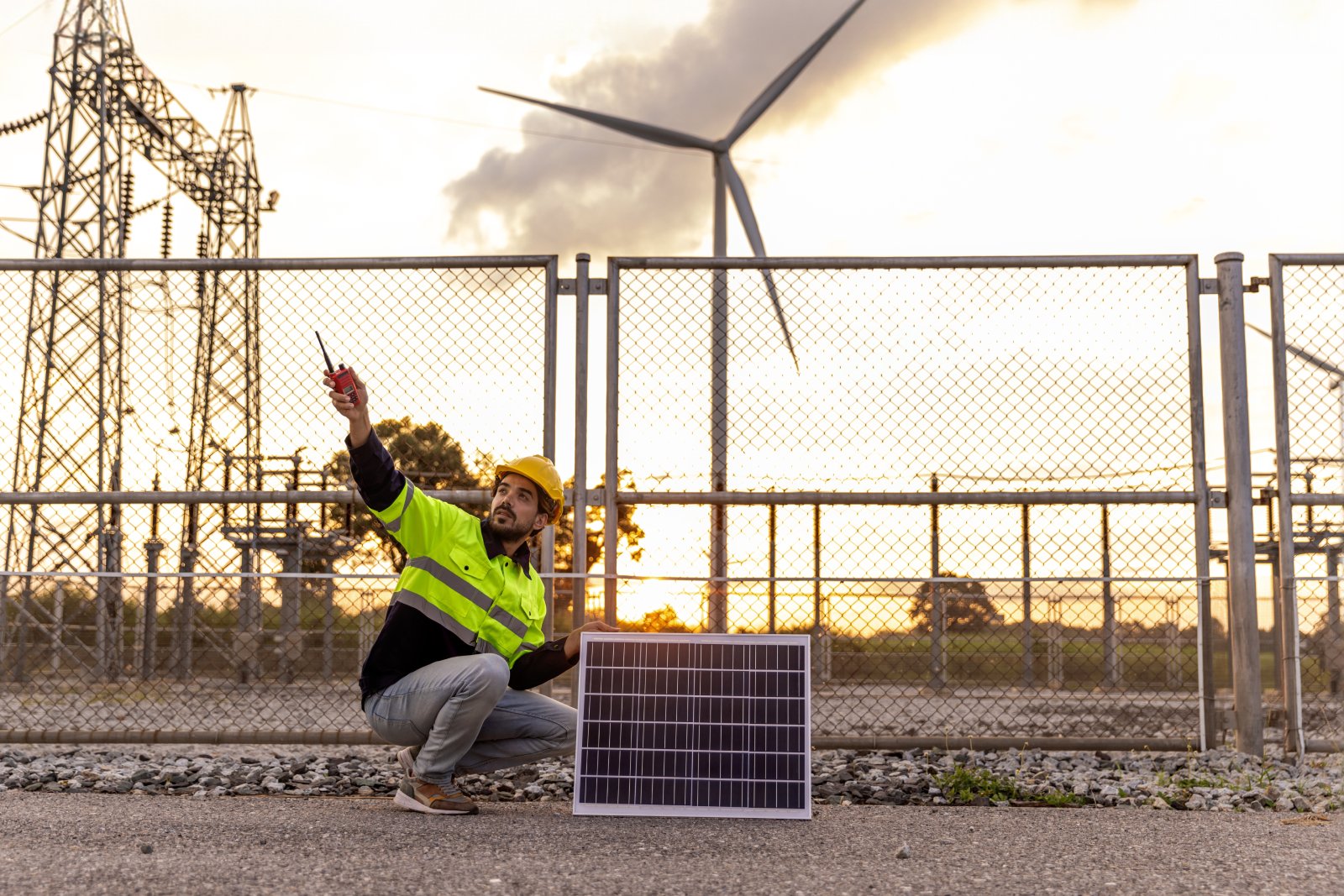
Image Credit: Shutterstock / kckate16
Despite being a leader in wind energy, Texas has not fully embraced its potential in renewable energy, underutilizing its vast solar and wind resources due to political and economic resistance.
13. Inadequate Climate Education

Image Credit: Shutterstock / kckate16
Texas ranks among the lowest in the nation for climate education, with many schools failing to teach students about the science and impacts of climate change, perpetuating ignorance and inaction.
14. Legal Barriers to Climate Action

Image Credit: Shutterstock / Freedomz
The state’s legal framework often obstructs climate action, with laws designed to protect the fossil fuel industry at the expense of environmental and public health.
15. Public Denial of Climate Science

Image Credit: Shutterstock / fizkes
A significant portion of Texas’s political leadership continues to deny or downplay the science of climate change, hindering the implementation of necessary climate policies.
16. Overwhelming Influence of Oil and Gas Lobbyists
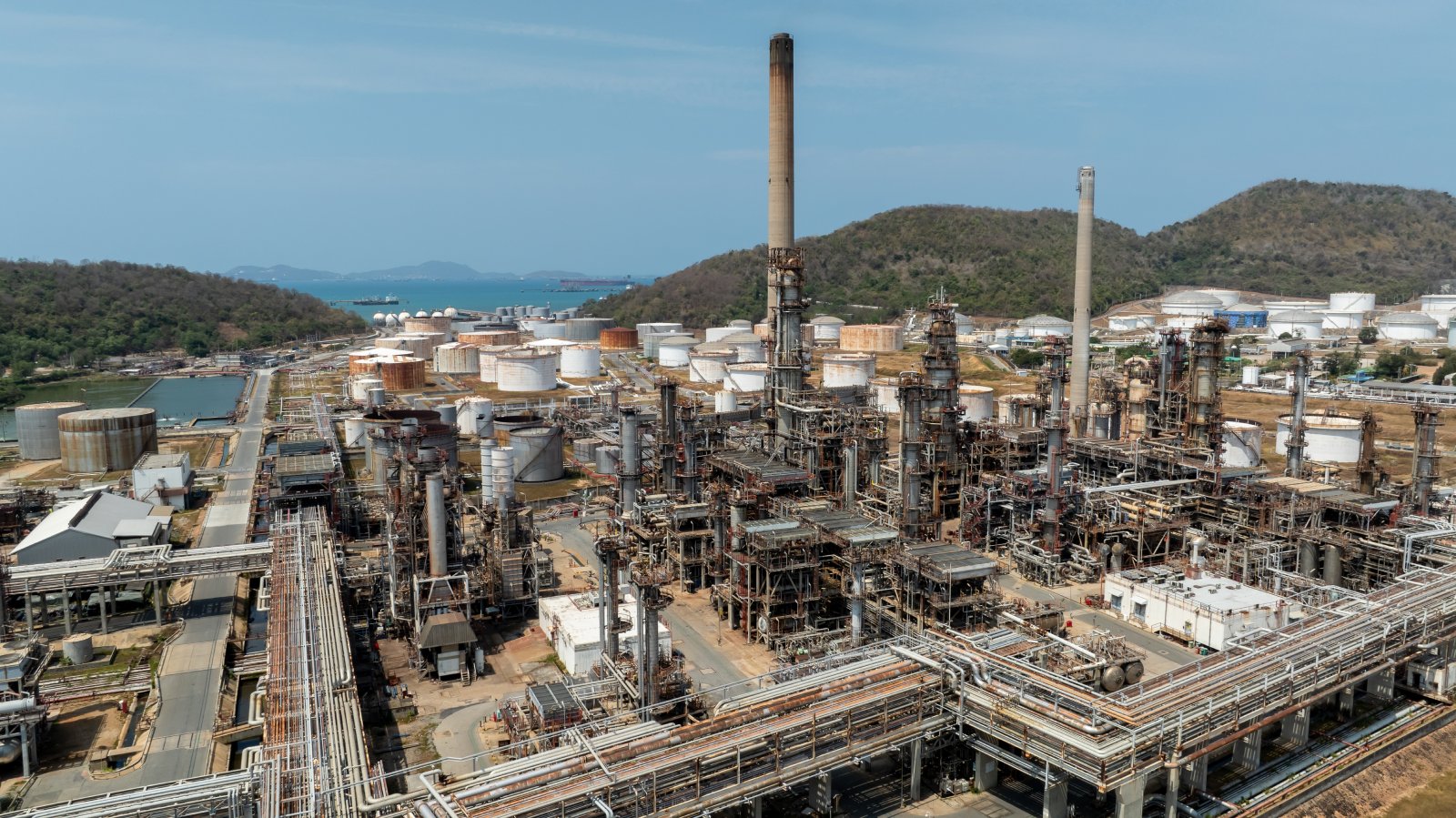
Image Credit: Shutterstock / MISTER DIN
The oil and gas industry exerts enormous influence over Texas politics, shaping policies that prioritize short-term profits over long-term environmental sustainability.
17. Lack of State-Level Climate Goals

Image Credit: Shutterstock / Salivanchuk Semen
Unlike many other states, Texas has not set any significant state-wide climate goals, reflecting a lack of commitment to addressing climate change at the state level.
18. Hostility Toward Electric Vehicles
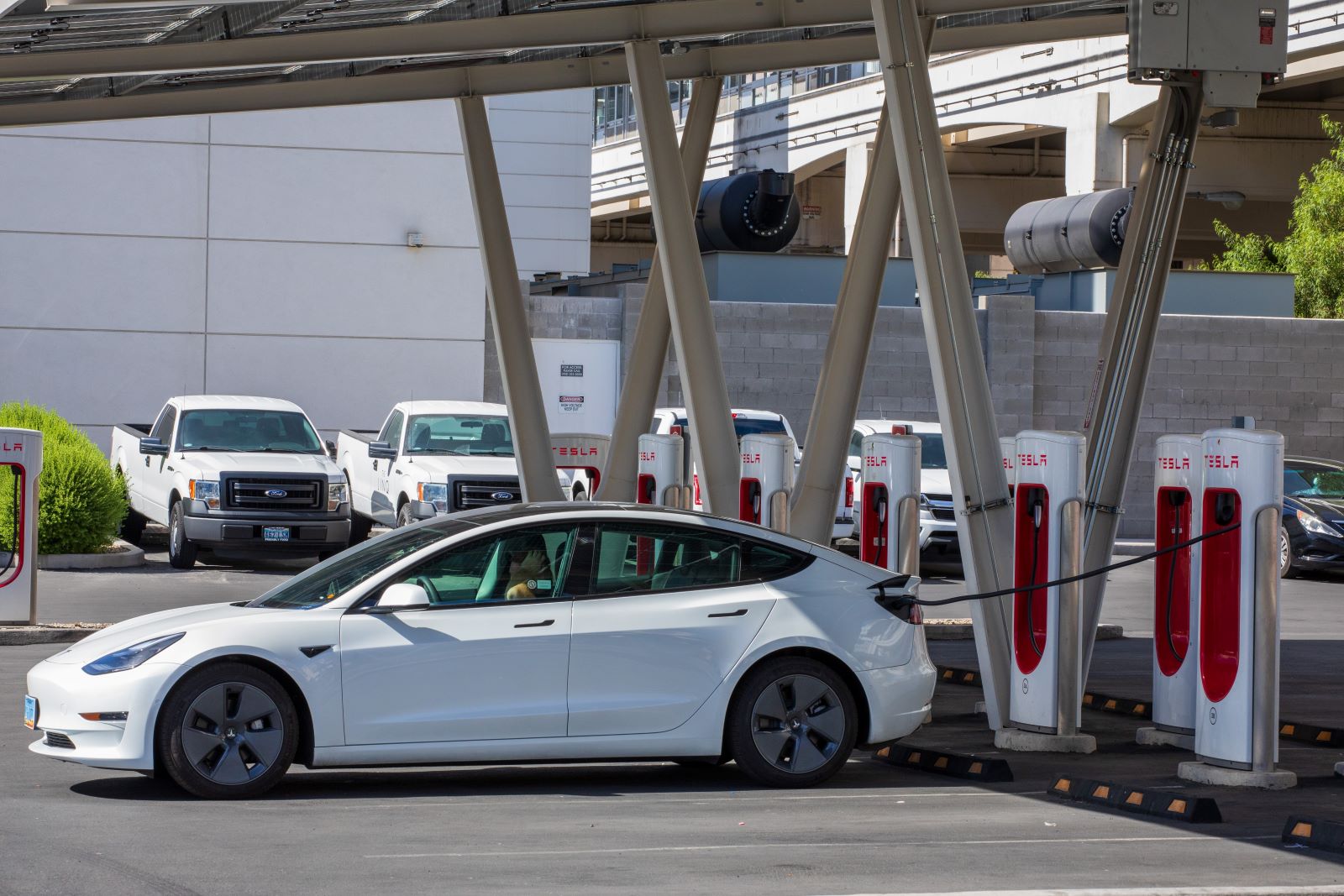
Image Credit: Shutterstock / Rexjaymes
Recent legislation has made it more expensive to own and operate electric vehicles in Texas, discouraging the adoption of cleaner transportation options.
19. Unpreparedness for Rising Sea Levels
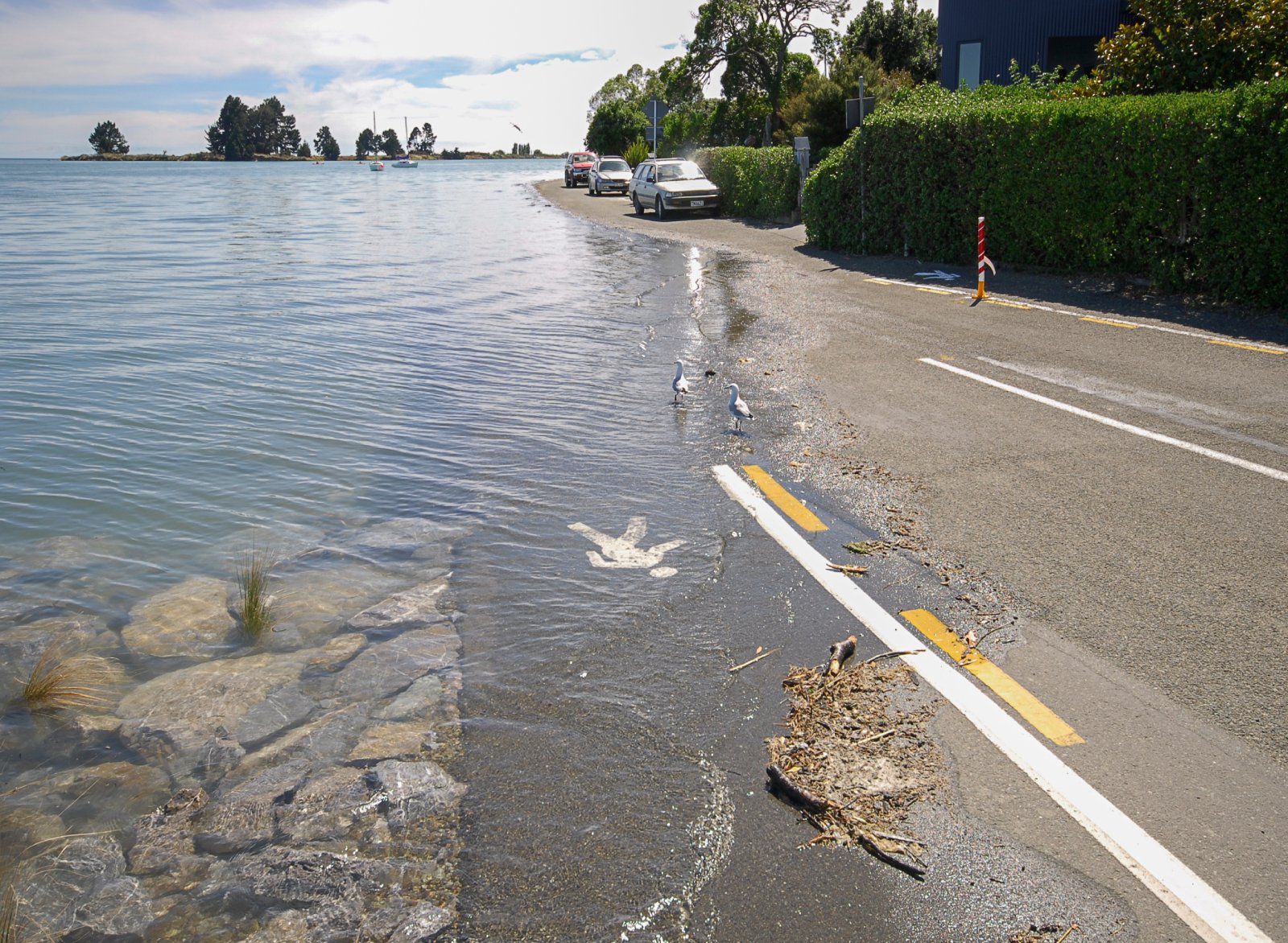
Image Credit: Shutterstock / MainlanderNZ
Coastal regions of Texas, particularly around Houston, are highly vulnerable to rising sea levels, yet the state has done little to prepare these areas for the inevitable impacts.
20. Failure to Address Water Scarcity
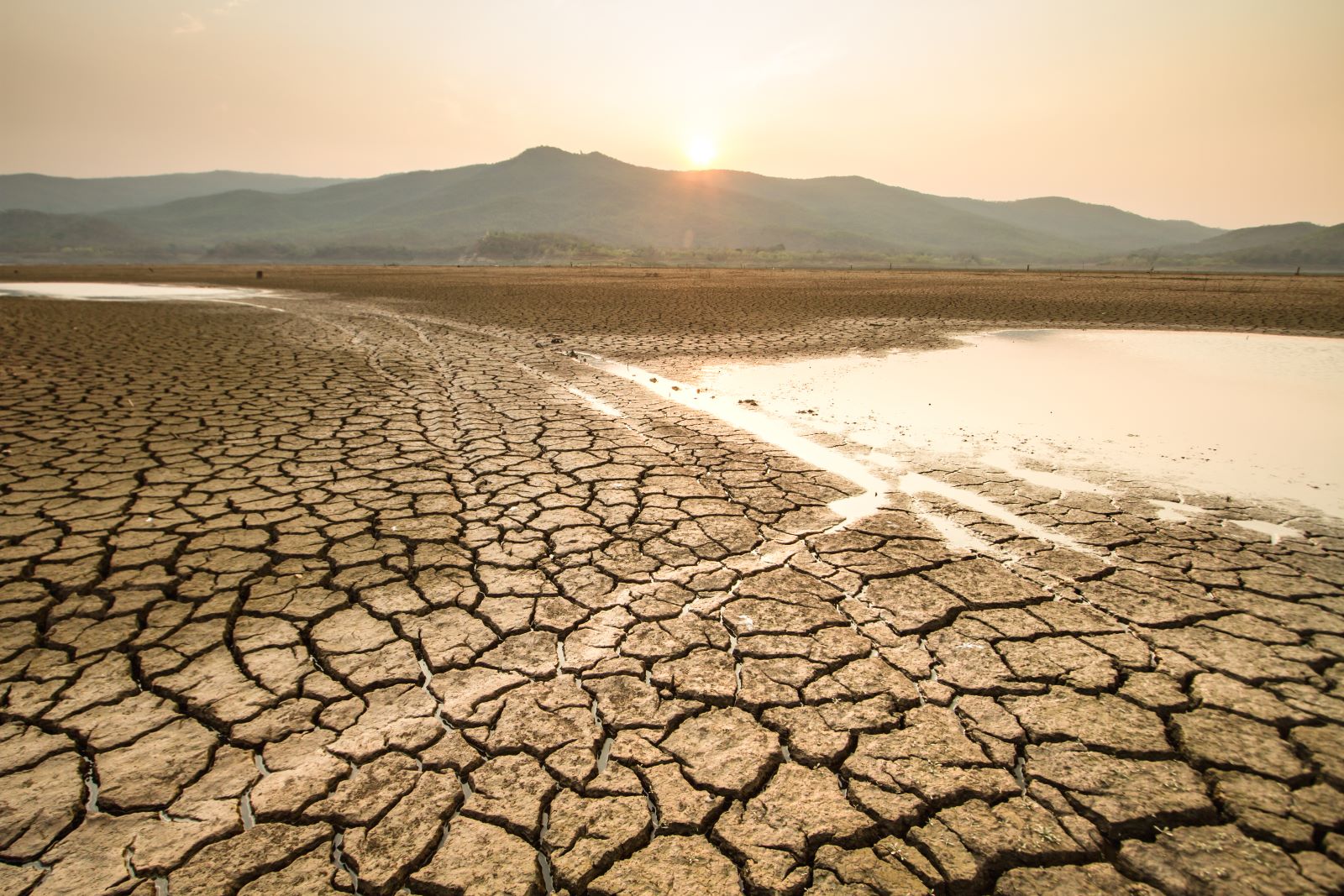
Image Credit: Shutterstock / Piyaset
Climate change is exacerbating water scarcity in Texas, but the state has not taken sufficient action to manage water resources sustainably, risking future shortages.
21. Disregard for Future Generations

Image Credit: Shutterstock / Alexandros Michailidis
By refusing to take meaningful action on climate change, Texas is failing to protect the health, safety, and economic security of future generations who will inherit the consequences of today’s inaction.
Reluctance to Act
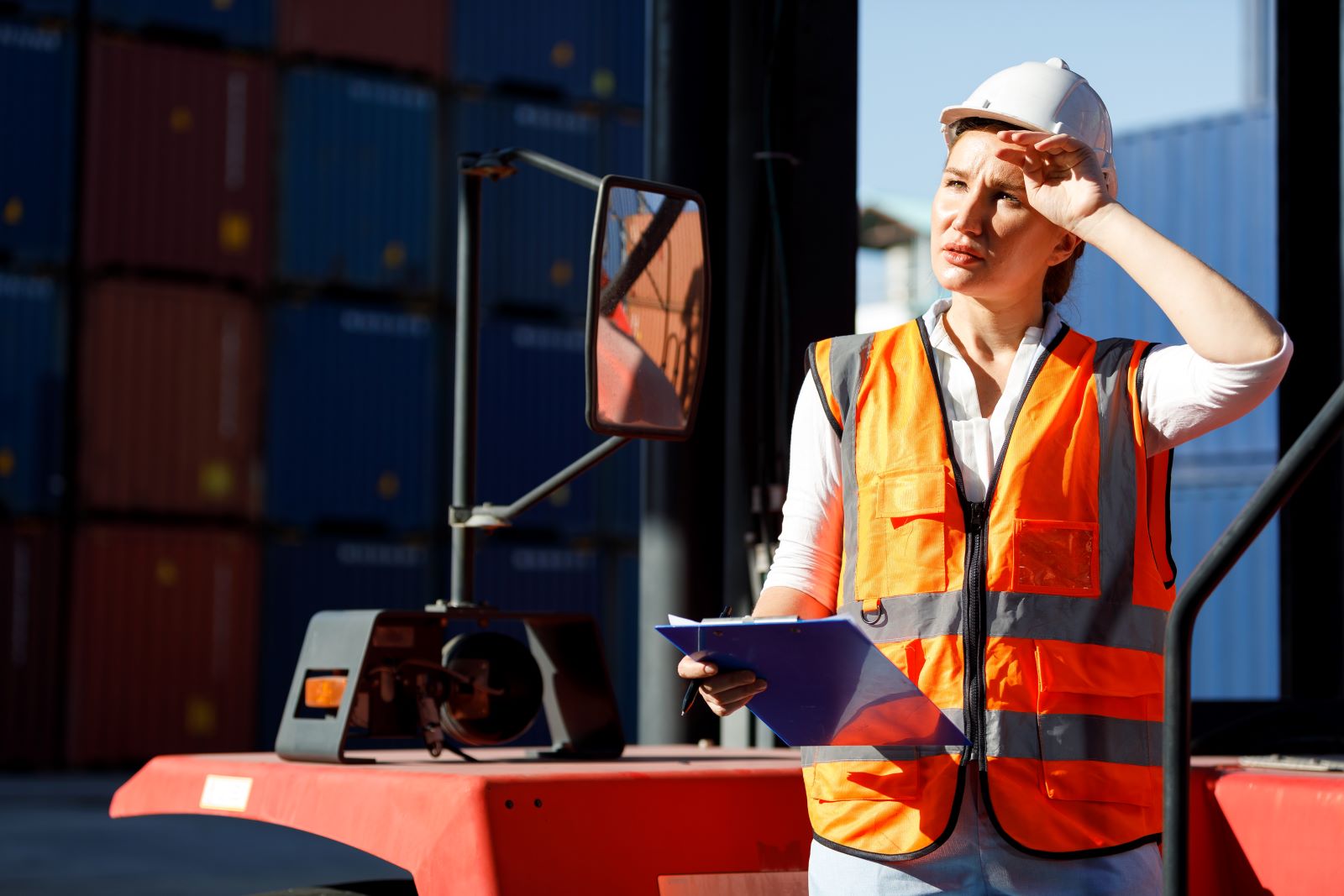
Image Credit: Shutterstock / Mangkorn Danggura
The state’s steadfast resistance and entrenched interests ensure that the harsh consequences of inaction will likely fall on future generations. As Texas continues down this path, it seems destined to be a stark example of how deeply ingrained interests can delay essential progress.
Featured Image Credit: Shutterstock / CrackerClips Stock Media.
The images used are for illustrative purposes only and may not represent the actual people or places mentioned in the article.
For transparency, this content was partly developed with AI assistance and carefully curated by an experienced editor to be informative and ensure accuracy.

